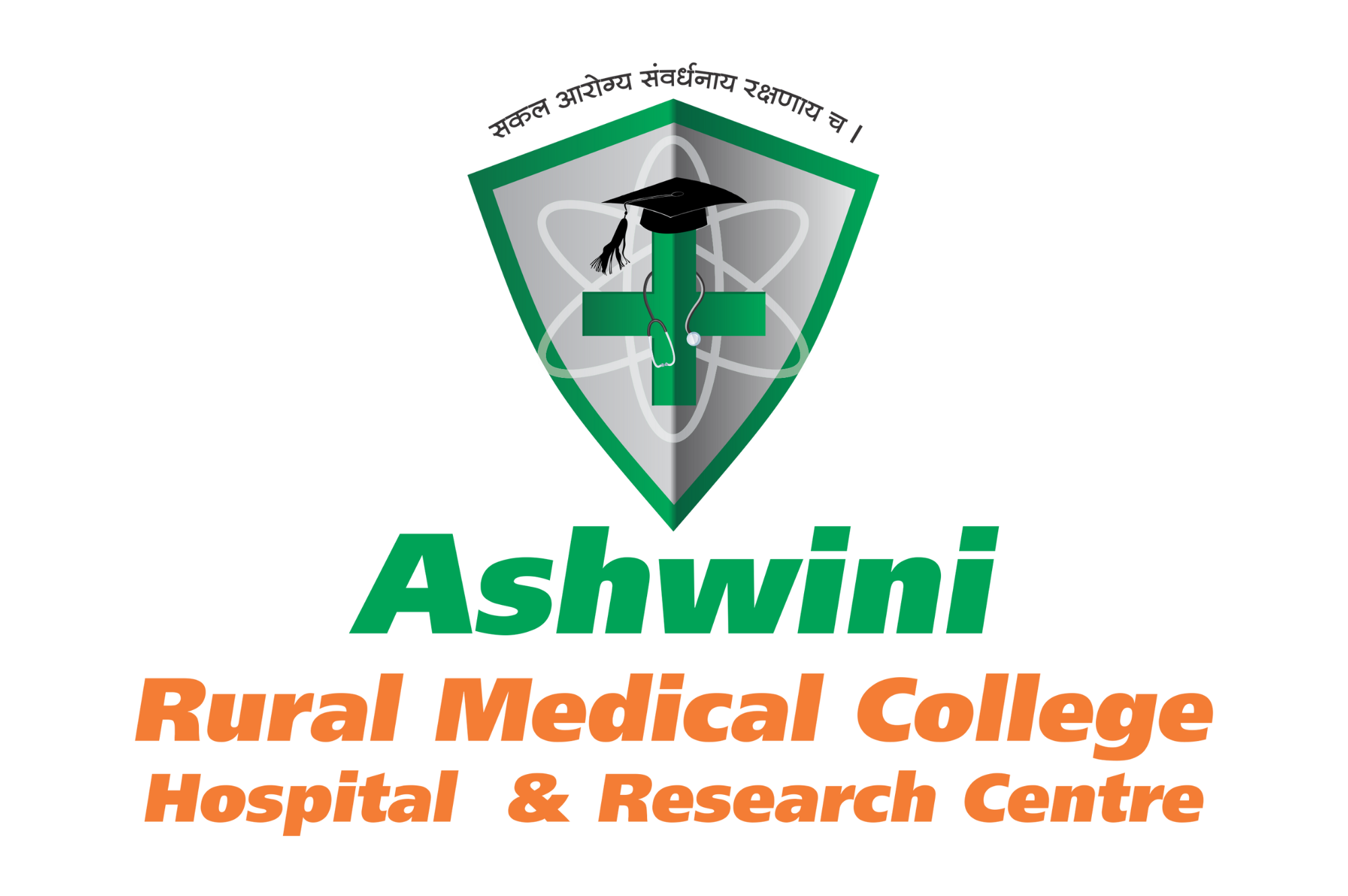Department of PHARMACOLOGY
Objectives
Our department serves as a dynamic bridge between preclinical and clinical subjects, forming a vital component of medical education. With a strong focus on rational therapeutic practices, research, and the responsible use of drugs, we are committed to nurturing well-rounded healthcare professionals.
- Bridging Knowledge: We facilitate the connection between preclinical and clinical subjects, providing an essential foundation for medical practice.
- Pharmacology Education: The Department of Pharmacology is dedicated to providing high-quality education to medical students, and healthcare professionals about the principles and mechanisms of drug action
- Integral to Clinical Practice: As a backbone of clinical practice, we equip students with the knowledge necessary for rational and informed medical decisions.
- Promoting Rational Approach: We encourage students to adopt a rational and ethical approach to drug prescription and patient care.
- Fostering Research Culture: We actively promote research among both undergraduate students and faculty members.
- Staying Current: Adapting to rapidly changing trends in pharmacotherapeutics to ensure up-to-date education.
- Global Advocacy: Promoting rational prescribing practices on a global scale to enhance patient outcomes.
- Critical Perspective: Instilling a critical approach towards drug promotion and marketing practices.
- Community Wellness: Advocating for safe, scientific, and responsible drug usage within the community.
Facilities
|
 |
|
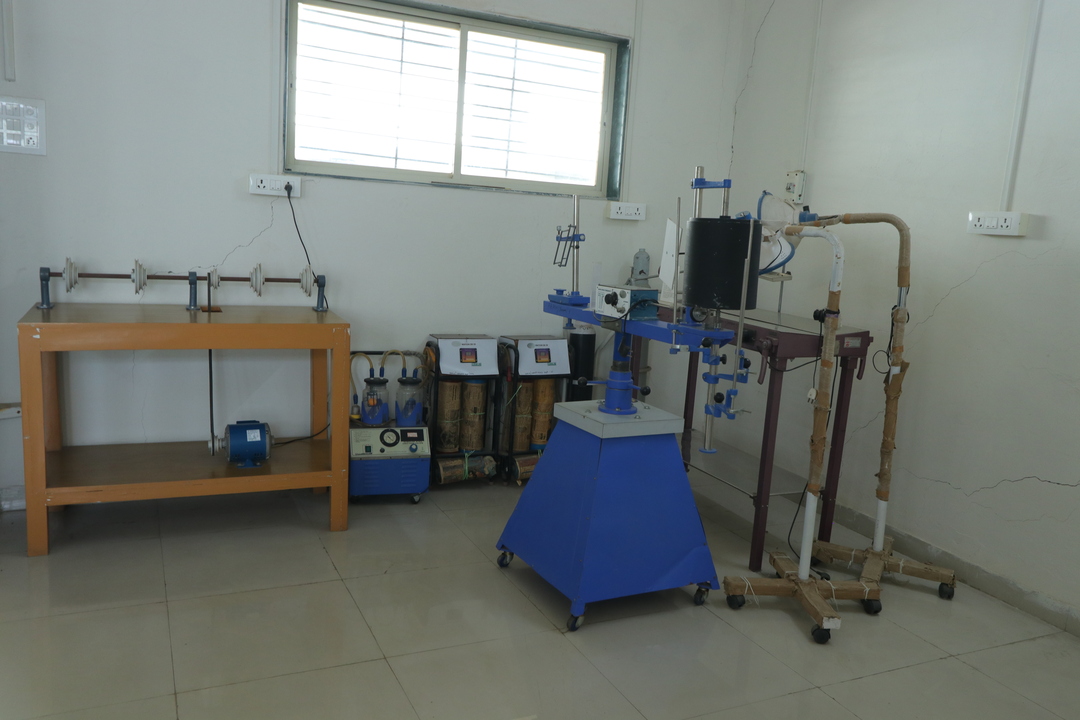 |
|
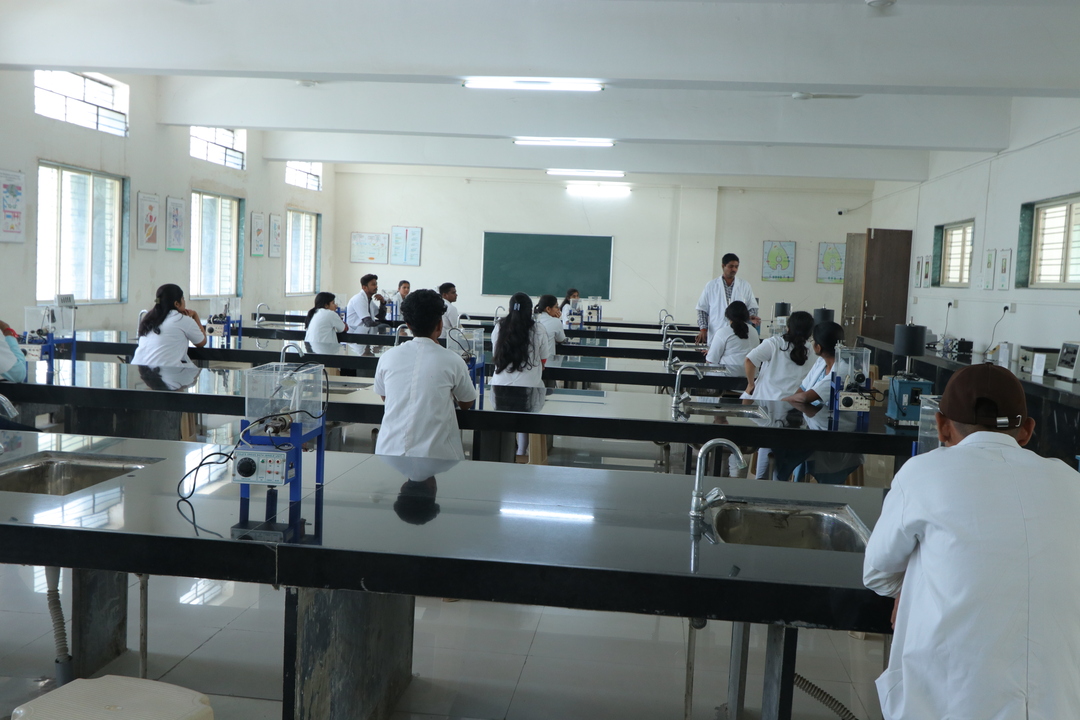 |
|
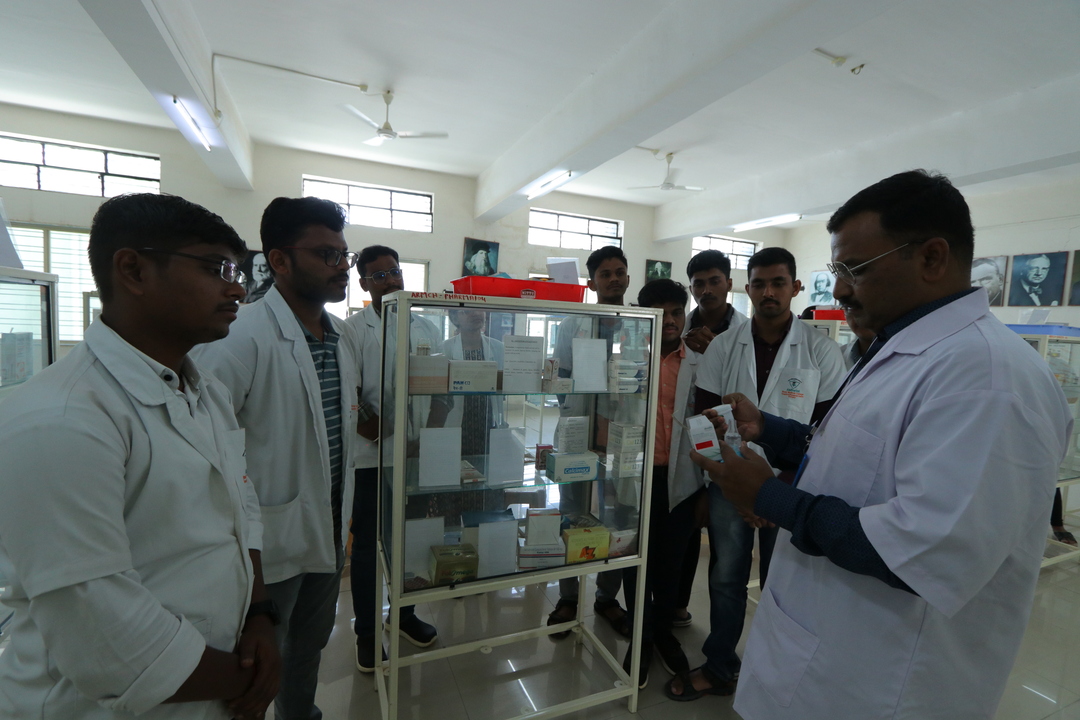 |
Departmental Activities
|
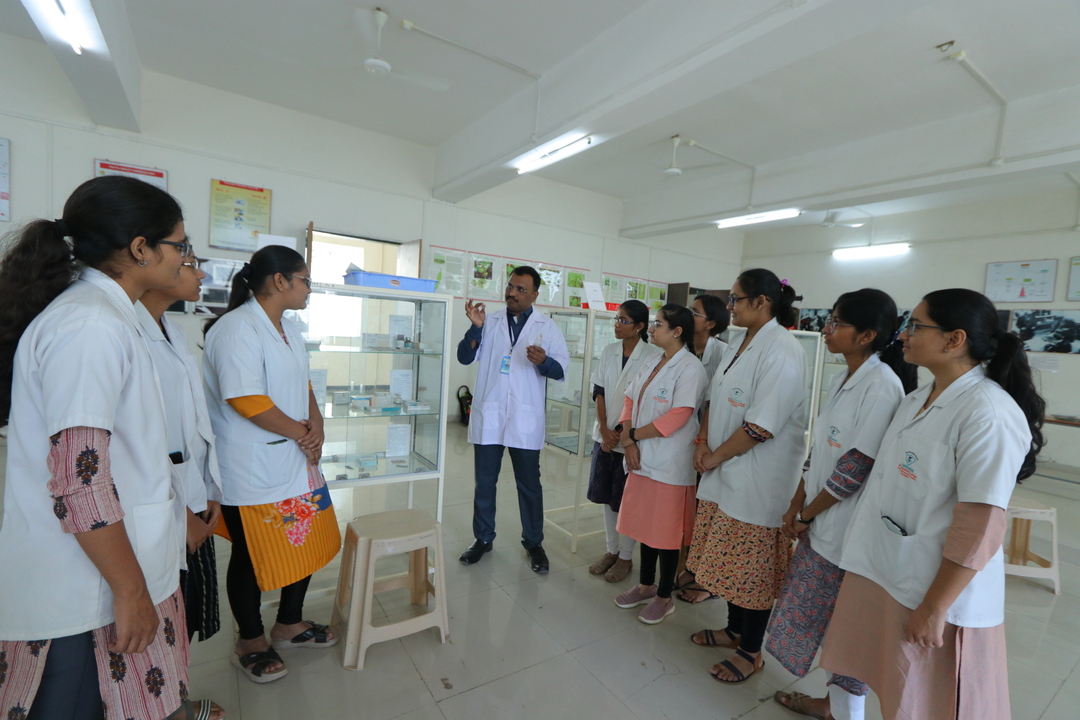 |
|
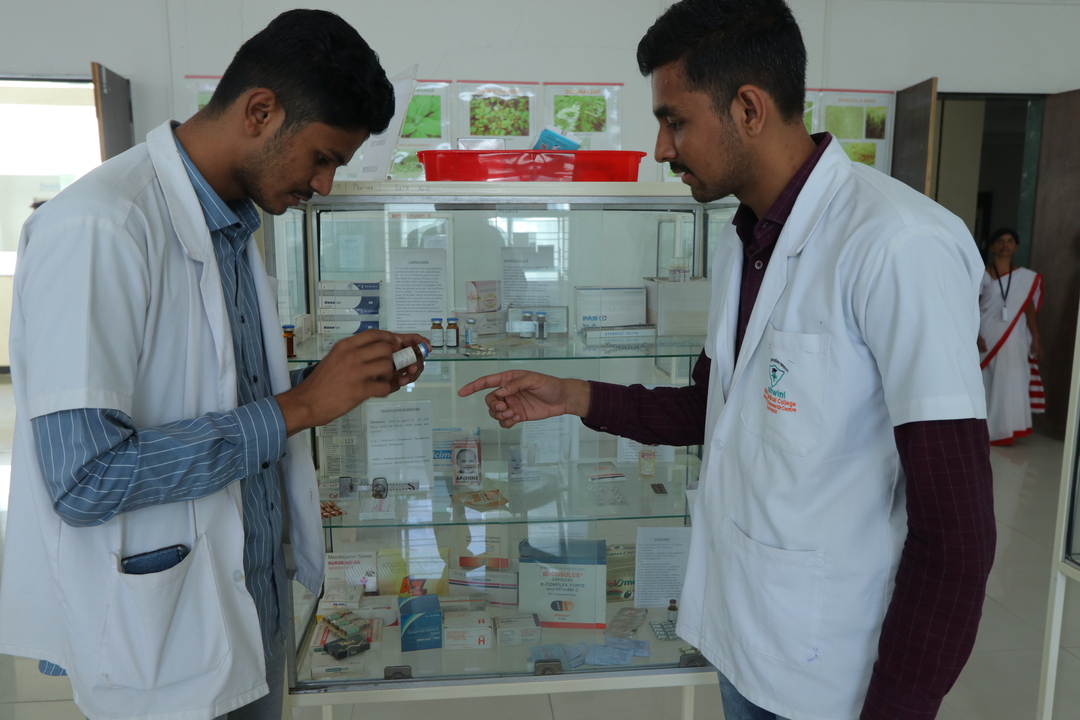 |
|
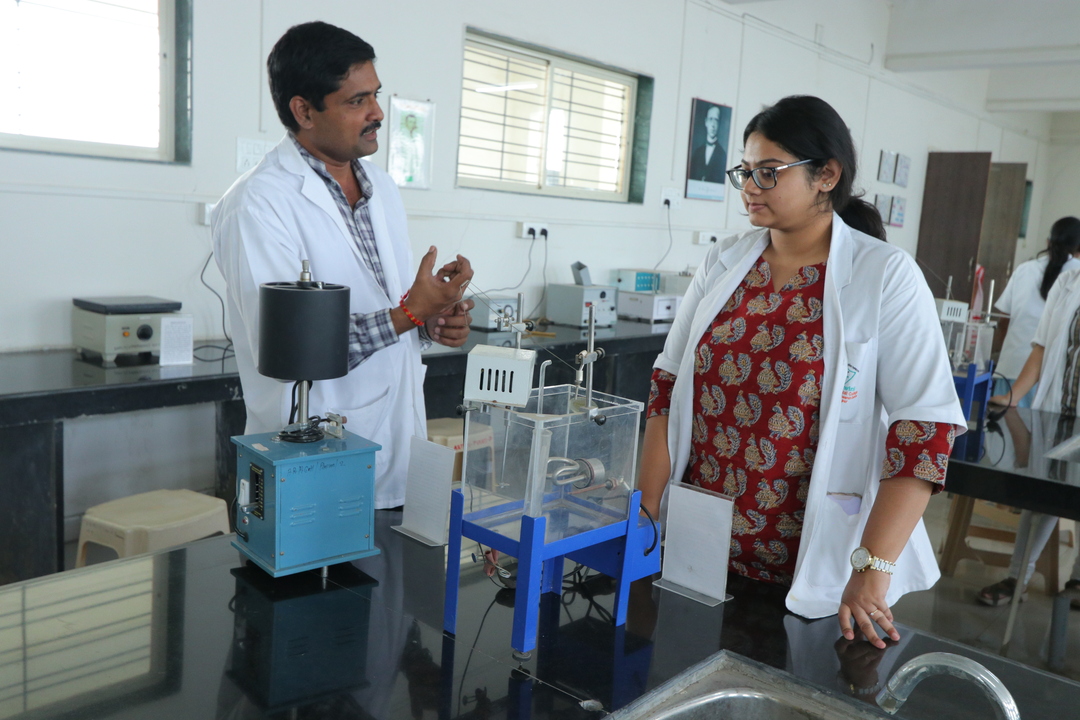 |
|
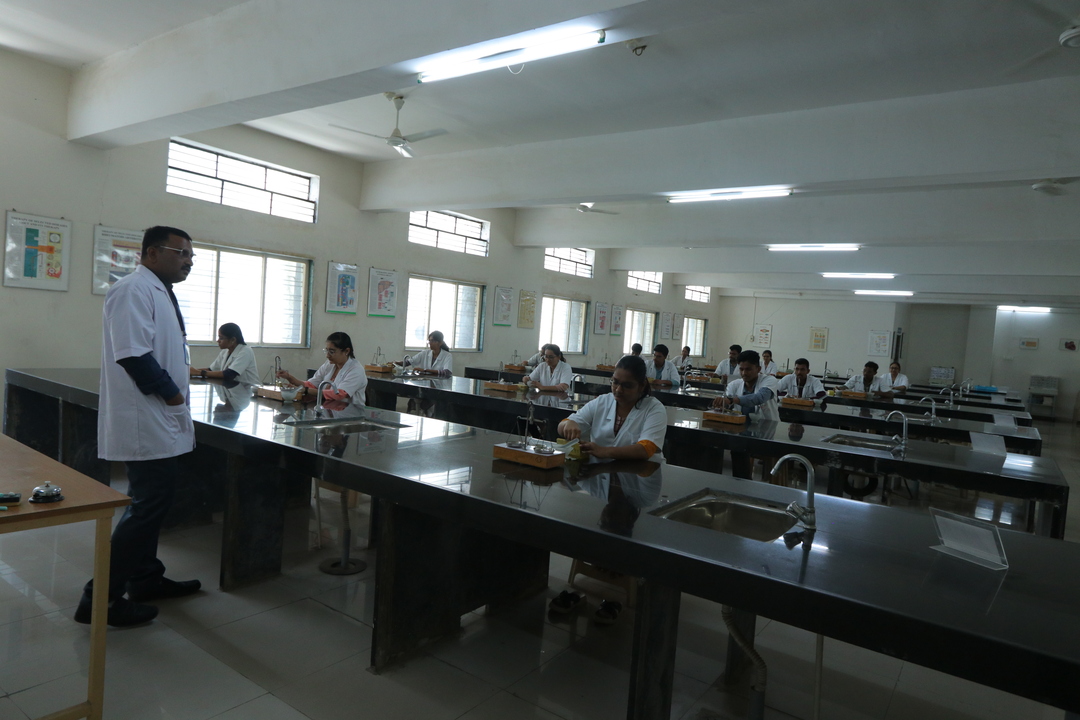 |
Other Initiatives
|
 |
|
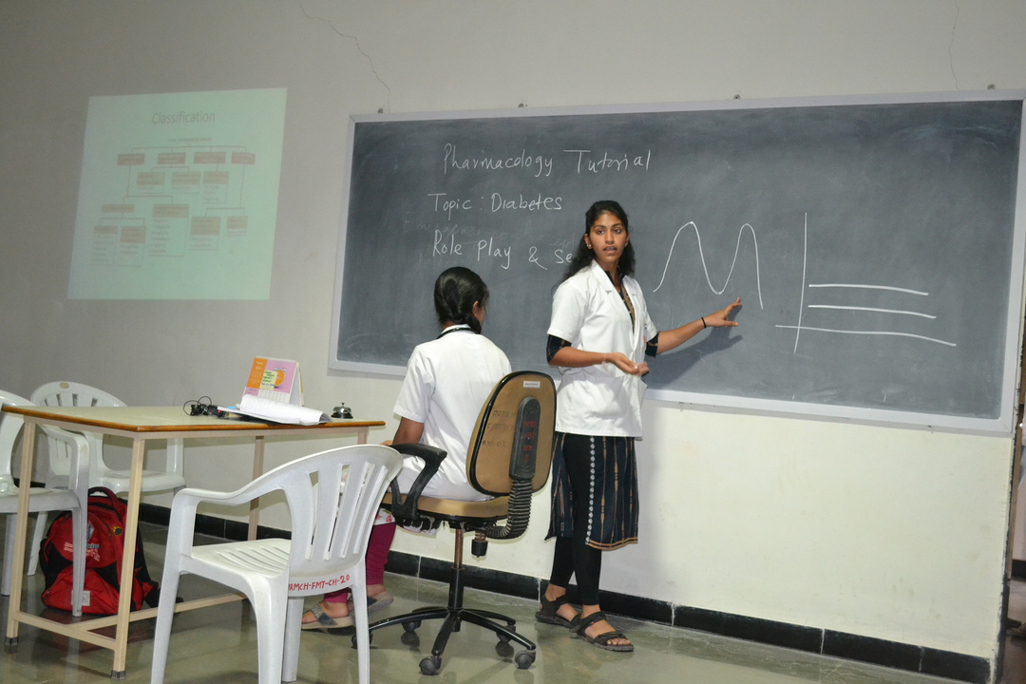 |
|
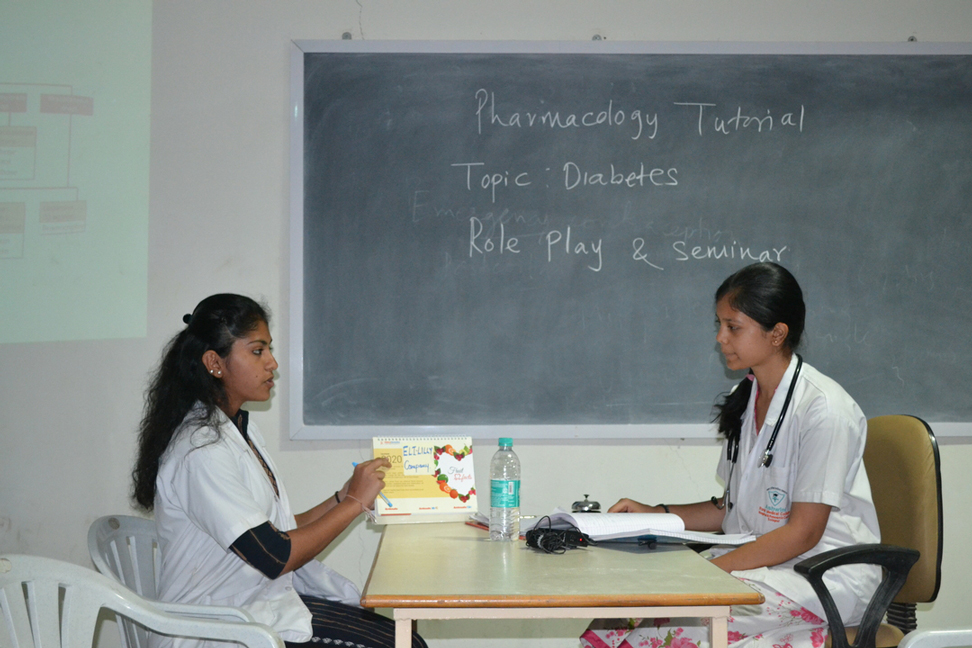 |
The Department of Pharmacology is committed to providing a comprehensive understanding of drugs, fostering rational practices, and advancing research for the betterment of healthcare.
Value Added courses
- Pharmacovigilance
- Introduction to herbal garden
- Article writing
